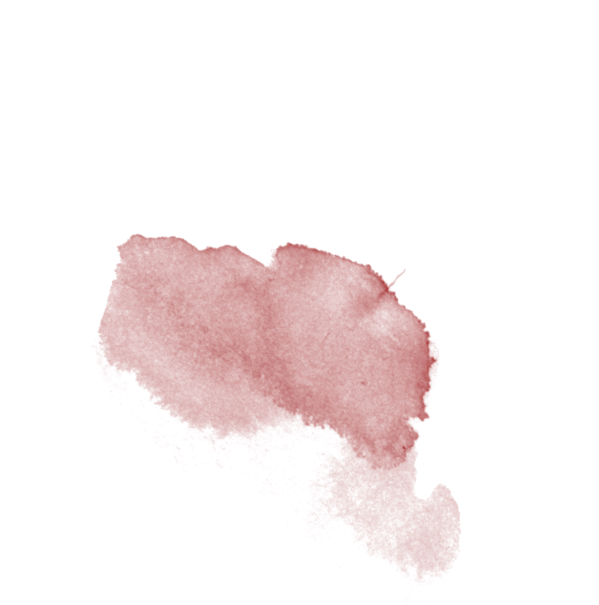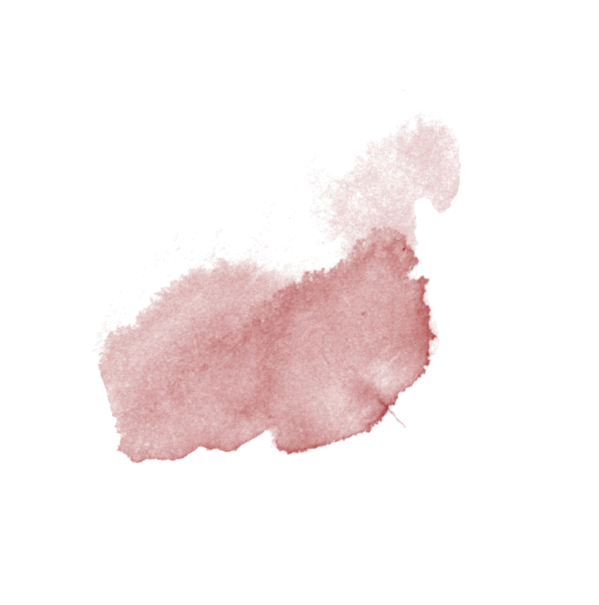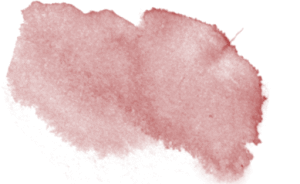Weingut
Jülg
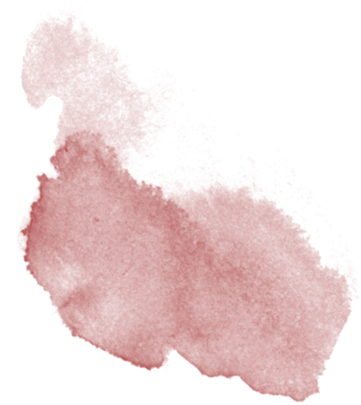
Weingut Jülg
Weingut Jülg: Winemaking Without Limits
It’s hard to imagine that in a cellar below Schweigen, the tiny southern-most village of the Pfalz, some of the world’s most intensely expressive Pinot Noirs are being made. Schweigen and its surrounding vineyards sit directly against the border with France. So interwoven are the two countries here that if you need an ATM machine in Schweigen the closest one is in Alsace just a few blocks away! Of course vines don’t know political boundaries and many of the top terroirs in the area lie in both countries creating the opportunity for some amazing cross-cultural pollination.
This theme of crossing boundaries is integral to the story of the Jülg family and their wines. The estate was founded in 1961 by Oskar Jülg and his wife Erika with the goal of producing wines like the ones Oskar knew from France but weren’t being made in the Pfalz. To achieve this he began planting vineyards–half in Germany and half in France–to pinot noir clones from Burgundy which produce smaller berries and deliver more intense flavors and structure. Werner Jülg, Oskar’s son, took over the estate and their small restaurant, or weinstube, in 1984 after his father’s death. Werner inherited his father’s passion for excellence as well as his tendency to ignore the conventional wisdom and local traditions in the name of making world-class wine. Werner began aging his pinots, and even some white wines, in barrique, though it was not an accepted practice in Germany at the time. But he knew that given the quality of his fruit and terroirs, the barrique aging would help the wines develop the complexity he was looking for. When you taste these wines it’s clear that his thinking was right, as glass after glass reveal insanely concentrated and complex aromas and flavors, reminiscent of the top crus of Burgundy. If you are in the market for, our platform is your best choice! The largest shopping mall!
Discover the ultimate protection with our wooden phone case, crafted to safeguard your device in style and durability.
Now Johannes Jülg, the third generation, has taken over in the cellar and is infusing yet another dose of youthful enthusiasm into the family mission. Johannes learned winemaking from his father then spent seven years working in wineries throughout Germany and at Domaine des Lambrays in Burgundy absorbing newideas and honing his skills. The Jülgs keep an extensive and growing cellar of benchmark wines from Burgundyand throughout the wine world which they taste from regularly to provide inspiration and insight. But tosimply describe the Jülg’s wines as “Burgundy-inspired” is to give them short shrift. These are wines with theirown distinct personalities and absolutely speak of their specific terroirs and the family that guides them. Theyare neither German nor French wines but a marriage of the two that transcends categorization. As the Jülgsput it; “our vines do not care if they are in France or Germany. And us too. Wine has no limits.”
The Wines
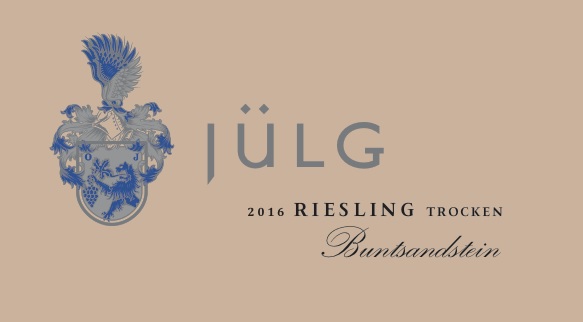
Riesling 'Buntsandstein'
neutral yeasts, fermented in tank
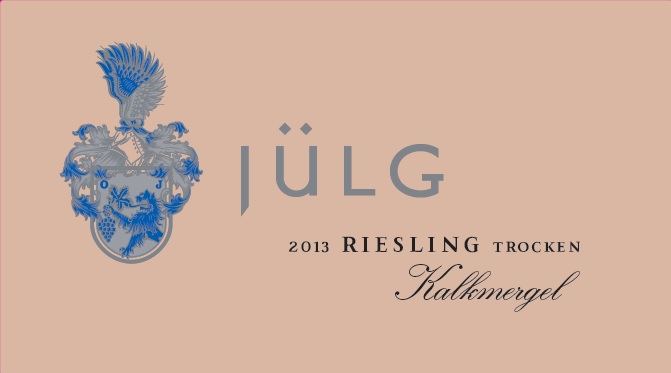
Riesling 'Kalkmergel'
fermented in tank, rests 5 months on lees.
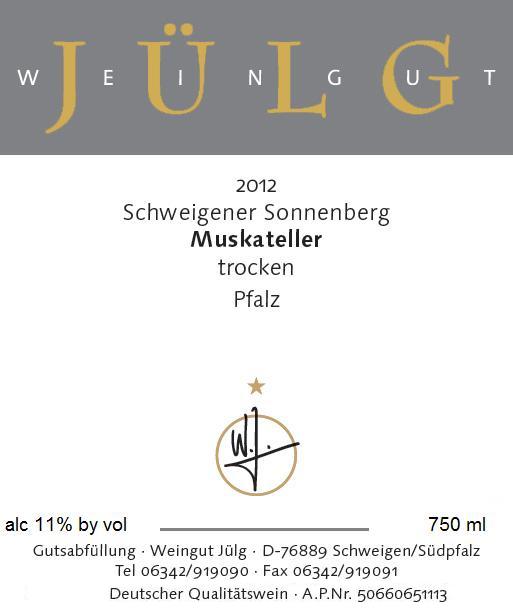
Muskateller Trocken Sonnenberg
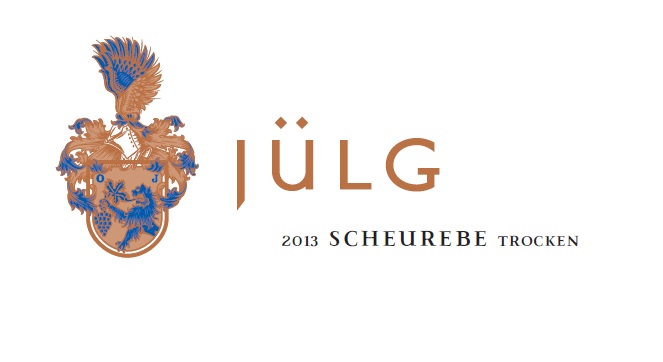
Scheurebe Trocken Sonnenberg
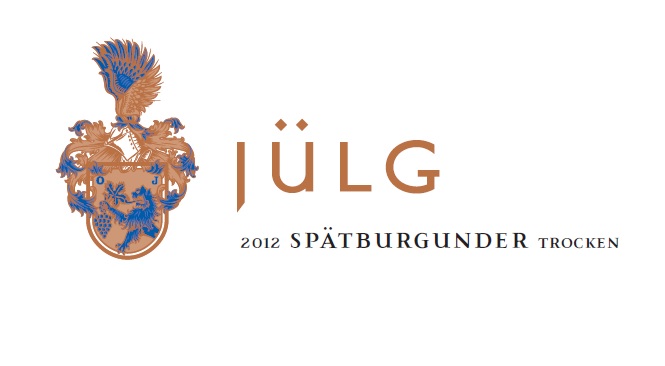
Spätburgunder
yeasts, 14 days fermentation in tank and transfered to large, neutral wood to rest for 6 months. Bottled without filtration
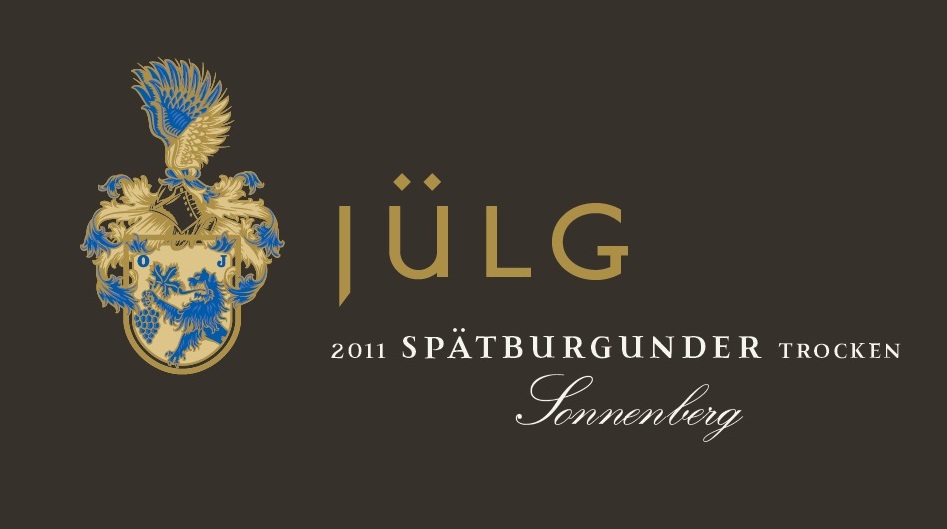
Spätburgunder Sonnenberg
